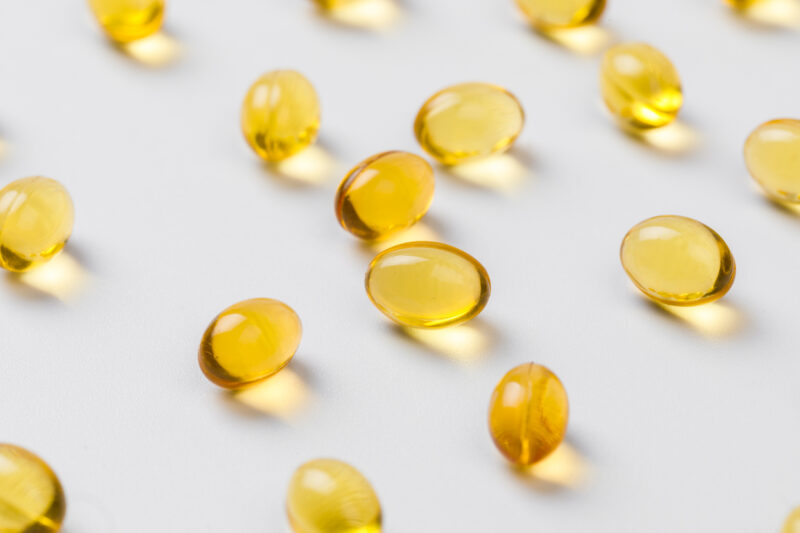The importance of vitamin D for health
Vitamin D, which is produced naturally in our bodies when we’re exposed to sunlight, plays a vital role in our health. Most notably, vitamin D promotes healthy bones and teeth, but it also promotes immune function and helps our bodies fight infection and illness more effectively.
A huge portion of the population is deficient in vitamin D due to environmental factors (like living in a cloudy climate, for example) or genetics, so supplements for this critical nutrient are very popular and are recommended frequently by medical professionals for those with a deficiency.
But if our bodies naturally produce vitamin D via sunlight, then where do supplements come from, and what’s the most effective way to supplement vitamin D? Read on to dive into the science of vitamin D supplements and learn how to get started with effective supplementation for your own health.
Types of vitamin D supplements
Before we explain the science, it’s important to understand the different types of vitamin D and how they differ. Vitamin D supplements come in a few different forms, from pills to gummies to even IV drips, but most forms contain one of two variations of the vitamin: D2 and D3. While they have a similar impact on the body and are metabolized in a similar way, the biggest difference between D2 and D3 is where they come from. D2 is mainly produced in plants and fungi, whereas D3 is produced largely in animals, including humans.
How are vitamin D supplements made?
Since the two main types of vitamin D come from different sources, they are produced and made into the pills we see on pharmacy shelves in different ways.
Vitamin D3 is made from an unlikely source: sheep’s wool. Well, not exactly the wool itself, but a substance produced by sheep’s skin to condition its wool called lanolin. Getting vitamin D3 supplements from a fatty substance in sheep is not a simple process, and it involves a lot of steps. First, sheep’s wool is thoroughly washed to both clean the material and extract the lanolin to be used. The substance is then converted into chemicals, and the chemicals are separated. After a few more extraction processes are completed, crude cholesterol is used to produce a compound that mimics the process that takes place in our skin when exposed to sunlight, and voila: Vitamin D3 is born.
Vitamin D2, on the other hand, is found largely in plants and fungi, so the process to produce this form of supplement differs from that of producing D3. To produce D2, the same ultraviolet radiation is applied to a compound derived from yeast called ergosterol. Interestingly, since it doesn’t come from an animal source, D2 is often considered the “vegan” version of vitamin D, although it’s been shown to be less effective than D3 at raising vitamin D levels in the body.
Benefits of vitamin D supplements
While vitamin D3 is thought to be more effective than vitamin D2, if you’re deficient in vitamin D, any form of this crucial nutrient will be beneficial to your health and some key bodily functions.
When taken regularly and at the correct dose, vitamin D has some great benefits, like:
- Boosted immune system
- Stronger bones and teeth
- Improved energy levels
- Improved mood
–
While every person needs vitamin D to achieve optimal health, the exact level of vitamin D required to reap the benefits of supplementation differs from person to person. What’s more, effective supplementation requires precise doses, because no two people will absorb vitamins at the same rate, and some people may be more deficient than others. That’s why it’s important to set a baseline for your individual vitamin D levels before starting on vitamin D supplements to ensure you’re maximizing the results.
Ready to get started on your journey to optimal health through more effective supplementation? Contact 10X Health today to order your at-home genetic test and schedule an appointment for comprehensive blood testing.
